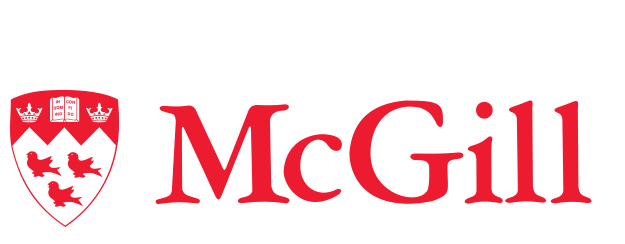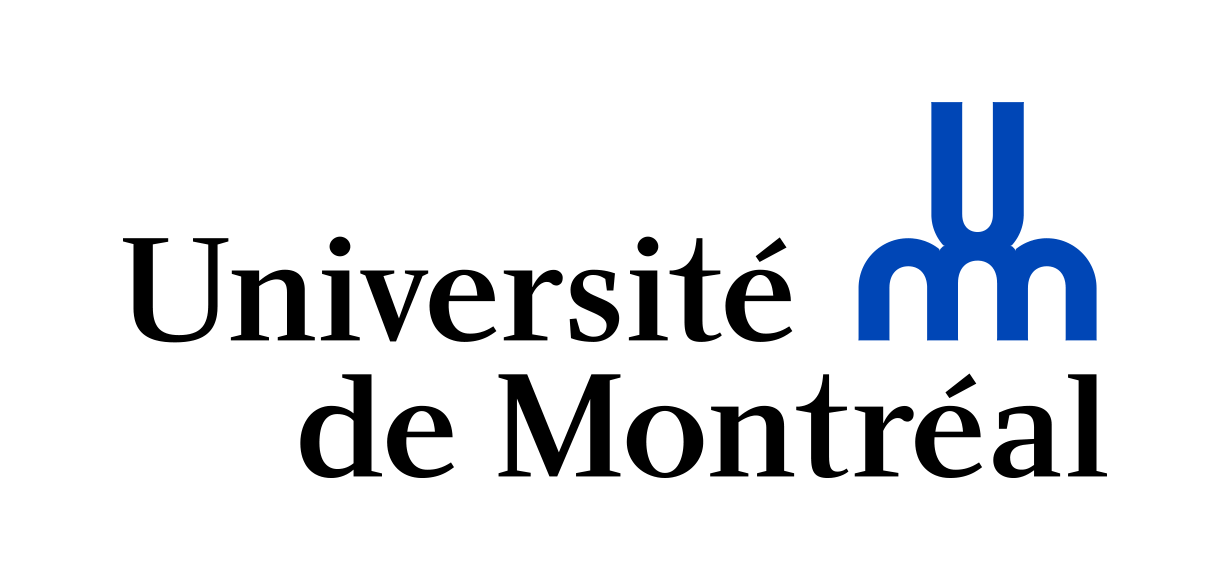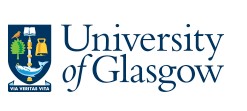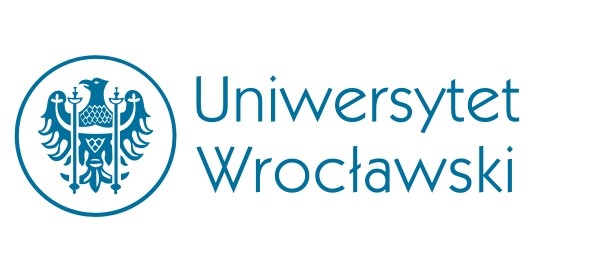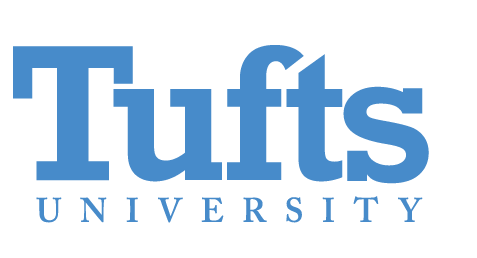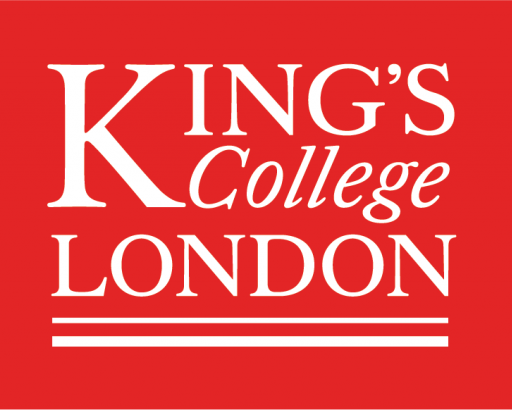Clara Bort, February 2019
Once again, my experience with the BEAR Network has been a highly enriching one. I previously attended one of their summer schools last year, and acquired much knowledge about the EU-Russia relations. But this time was more special to me : it was not only the first time I visited the Baltic region, but also the first time I went to post-soviet countries. The trip proved to be very valuable, especially since I am working on Latvian identity. I have to admit that initially I was not sure what to expect from this field trip in the Baltics. What could I possibly benefit from a single week? Would it be enough to have a unique experience there? What impact could it have on my research?
Three destinations were planned during this trip: Riga, Narva and Tallinn. We spent three days in Riga, and had the time to visit the Occupation’s Museum, the National Library and the Zanis Lipke Memorial, and the latter one was definitely a highlight to me. Being unaware of this national figure before going to Riga, I learnt a lot about the Latvian resistance during World War II – especially thanks to the wonderful guide we had. It gave the impression you are in an actual bunker, the entire museum plunges into darkness while telling more about Zanis Lipke’s life. At the end of the visit, you face big windows from the last room and you can then realize how intense being in a bunker should be. Obviously this was a particularly moving experience.
Another major point of this trip was the visit to Narva, Estonia’s third city, situated at the border with Russia. Firs, it felt strange to walk down by the river and see that Russia was just across. Only a tiny amount of water separates not only Estonia from Russia, but also the European Union from Russia. Learning about the city’s history, especially with the 1993 referendum – of which Kristina Kallas told us more about – was another major point of my trip. It made me realize how evident the issue of identities between Russian minorities and the Estonian majority was.
To conclude, I think the objective of this trip was perfectly reached. Even though one week is a very short amount of time, I was very surprised to notice how my perceptions about this region was considerably influenced by my visit there. After a lot of readings about the Baltic identities and the Russian-speaking minorities in the region, I thought I had a rather precise idea of what to expect there. After one week, I can tell I got positively surprised. And this whole trip and experience will probably change the way I am going to conduct my future research.





